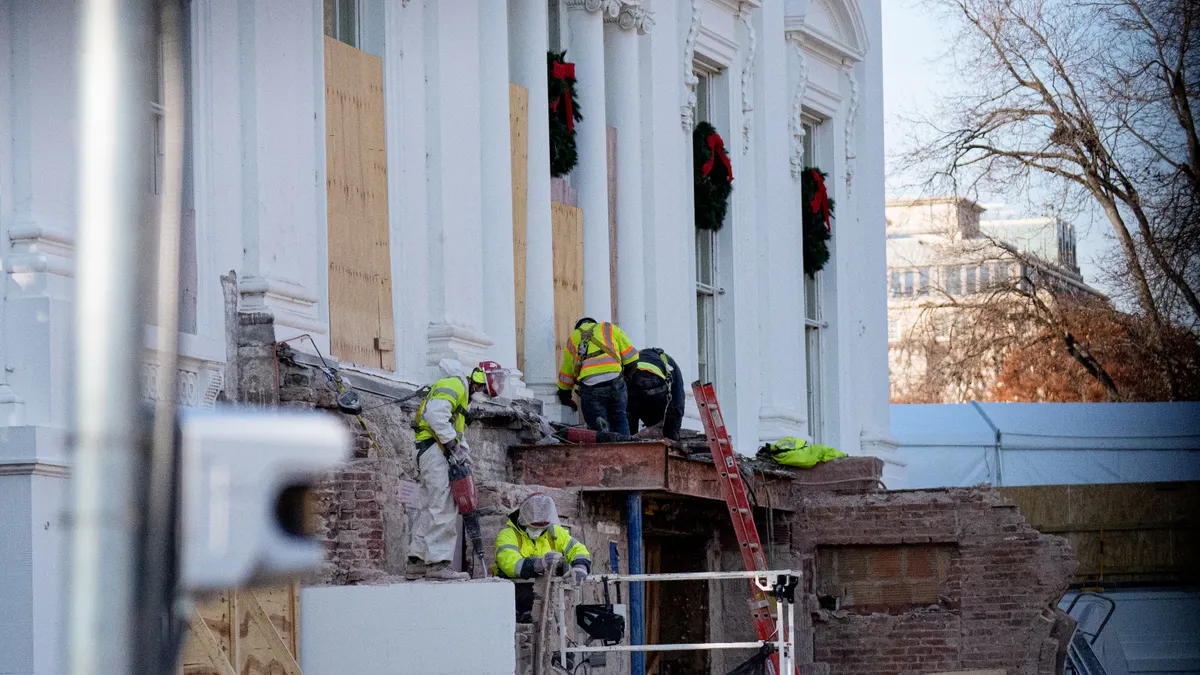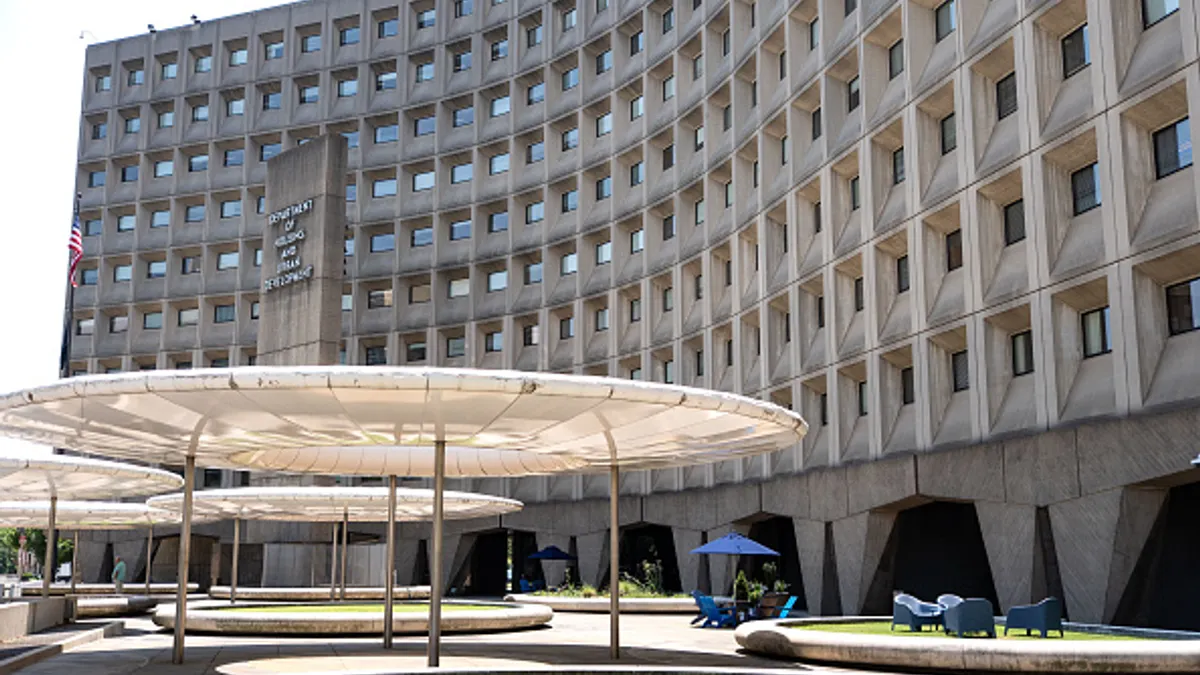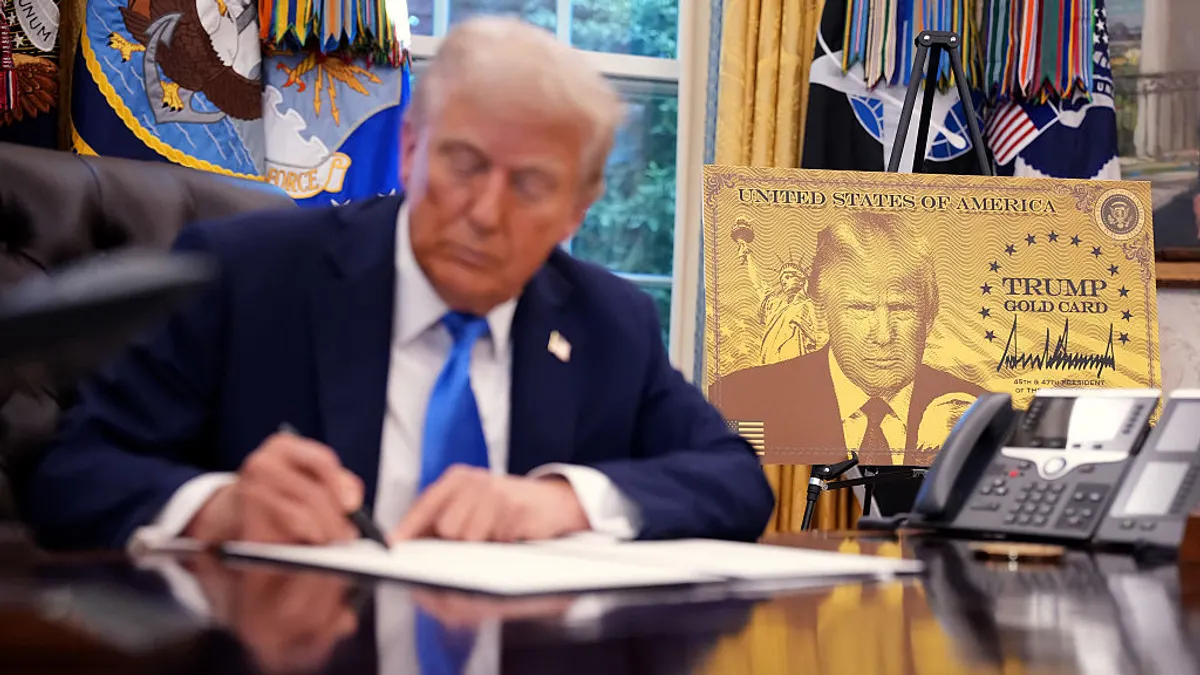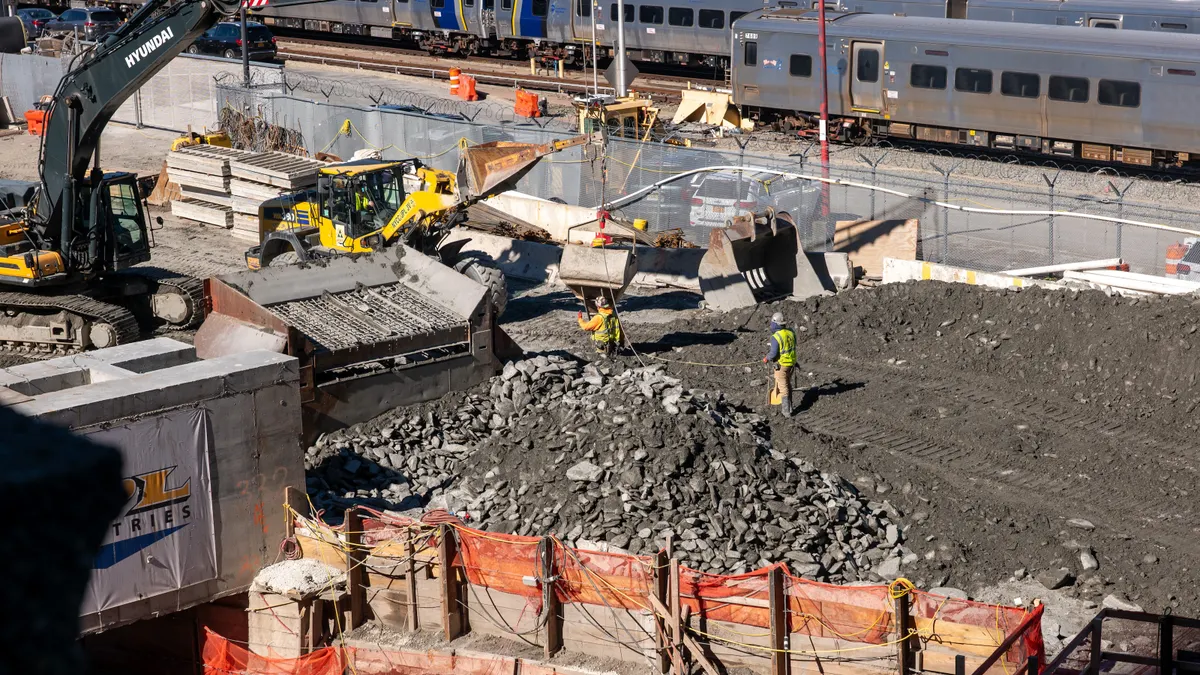This feature is a part of “The Dotted Line” series, which takes an in-depth look at the complex legal landscape of the construction industry. To view the entire series, click here.
Construction is a dangerous job in the best of conditions. But this summer, jobsite hazards have been compounded by extreme heat and choking wildfire smoke over much of the country.
By late July, El Paso, Texas, had endured 33 straight days of triple digit temperatures, according to the New York Times, while wildfire smoke from conflagrations in Canada clogged skies as far south as the Florida panhandle.
Although OSHA has issued briefs emphasizing the importance of keeping workers safe from extreme heat and wildfire smoke, the agency doesn’t have specific standards mandating employer compliance.
“Climate change is uncharted waters,” said construction attorney Brian Lustbader, a partner at the Venable law firm in New York City. “There’s a failure to address these issues because they’re so new.”
Rules pending
OSHA is working on a standard for employers to adhere to during periods of extreme heat, but the timing for any new rules becoming official is still unclear. The agency also put out guidance to employers on protecting workers from wildfire smoke in June, noting the dangers of breathing partially burned particulate matter.
“Burned material less than 2.5 micrometers in diameter … can enter the lungs and even bloodstream and is linked to serious health problems, including lung, heart and kidney disease,” the agency said in a news release.
But while that guidance urged employers to take steps like giving workers respirators and rescheduling work or letting employees work inside when possible, contractors who responded to a recent survey on Construction Dive said that wasn’t the same as having a mandatory rule.
Indeed, contractors have said previously that a lack of regulations around working outside on smoky days puts them in a hard spot with owners. Because a construction company can’t say it had to shut down to comply with a heat or smoke mandate, contractors can often feel pressured to stay on the job to meet project schedules.
“I am very concerned with how some will react when given choices,” said Shannon Garrett, business owner of Hage Electric & Construction Services, based in The Dalles, Oregon, in response to the Construction Dive survey. “If air quality or heat index are unhealthy, we as an industry need to be more concerned with the health of people than the job timelines.”
Nicholas Fragola, head of safety at Colantonio, a Holliston, Massachusetts-based contractor, compared the situation to big league athletic events being postponed for the safety of players and fans.
“Just like if a professional sport is canceled due to bad air quality, we should be thinking about the same thing for our own employees,” Fragola wrote.
Consequences
Even though there aren’t specific federal rules about exposing workers to extreme heat or wildfire smoke, attorneys say there are consequences for contractors who push timelines over worker safety in these circumstances.
OSHA’s General Duty Clause, which requires employers to provide a safe work environment, is often used by the agency in lieu of more specific standards. And while it waits for a formal standard, the agency has instituted a national emphasis program for its inspectors regarding employees working outside during periods of extreme heat.

“A national emphasis program is just what it sounds like,” said Carlton Hilson, a labor and employment attorney and partner at Burr & Forman in Birmingham, Alabama. “It’s an instruction to their inspectors to focus on heat issues.”
That might mean interviewing and talking to employees during an inspection about fall hazards or other potential safety issues. “It just gives them the legal authority to do an inspection and ask those questions,” Hilson said.
Inspectors will also look at OSHA 300 logs concerning workplace injury and illness, to see if any workers have been hospitalized or fainted due to heat or exposure to smoke. They may also ask about how often workers take breaks, what type of clothing or PPE they wear and whether they have access to water or shaded areas.
Should inspectors find a general disregard from contractors for protecting employees from extreme heat or smoke, the General Duty Clause gives them the authority to impose fines. Those fines start at $15,625 per day for serious violations, and could exceed $150,000 for willful or repeat offenders.
To stay in the good graces of those inspectors, Lustbader suggests measures such as providing masks and necessary respirators for unhealthy air, using misters for cooling in extreme heat and shortening work hours if necessary.
Of course, if workers become sick or even die due to environmental exposure, contractors or their insurance companies could then be liable for worker’s compensation claims, as well as civil suits, lawyers said.
What contractors can do
To help navigate this area, contractors can also put provisions in contracts to help give them cover if conditions become unsafe to work.
“We’ve been doing just that, putting in a legal duties and obligations section that lays out specific responsibilities and expectations for safety and health,” said Hilson.
That section could include designating a safety supervisor who’s responsible for monitoring extreme heat or smokey conditions, as well as enforcing break policies or ensuring there is a water cooler onsite. Also key is making sure that the individual has discretion to stop work during hazardous conditions.

“In all my agreements, we have a clause that requires site safety,” said Lustbader. “Many require the contractor to provide a site safety manager who’s in charge of making sure the worksite is safe.”
Language can be crafted to give that individual the discretion to take more time if conditions become unsafe, much as force majeure clauses did during the COVID-19 pandemic.
“Force majeure basically talks about extreme conditions, whether it's hurricanes, tornadoes or now, pandemics,” Lustbader said.
Contractors could add in language surrounding extreme heat or wildfire smoke, which could give them a defense and help them buy more time with owners if they need to pause work.
“A force majeure clause says the contractor doesn’t necessarily have to keep to a schedule,” Lustbader said. “It says it’s an excusable delay.”
Of course, contractors should heed any notification requirements to owners if they do decide to shut down a jobsite due to hazardous environmental conditions, and talk to owners about why they’re taking these steps.
“The contractor just has to notify the owner that we're doing this, and here's why, and owners should be responsive to that,” Lustbader said. “It’s really a two-way street.”
Correction: This story was updated with the correct spelling of Burr & Forman.
The Dotted Line series is brought to you by AIA Contract Documents®, a recognized leader in design and construction contracts. To learn more about their 200+ contracts, and to access free resources, visit their website here. AIA Contract Documents has no influence over Construction Dive's coverage within the articles, and content does not reflect the views or opinions of The American Institute of Architects, AIA Contract Documents or its employees.




















